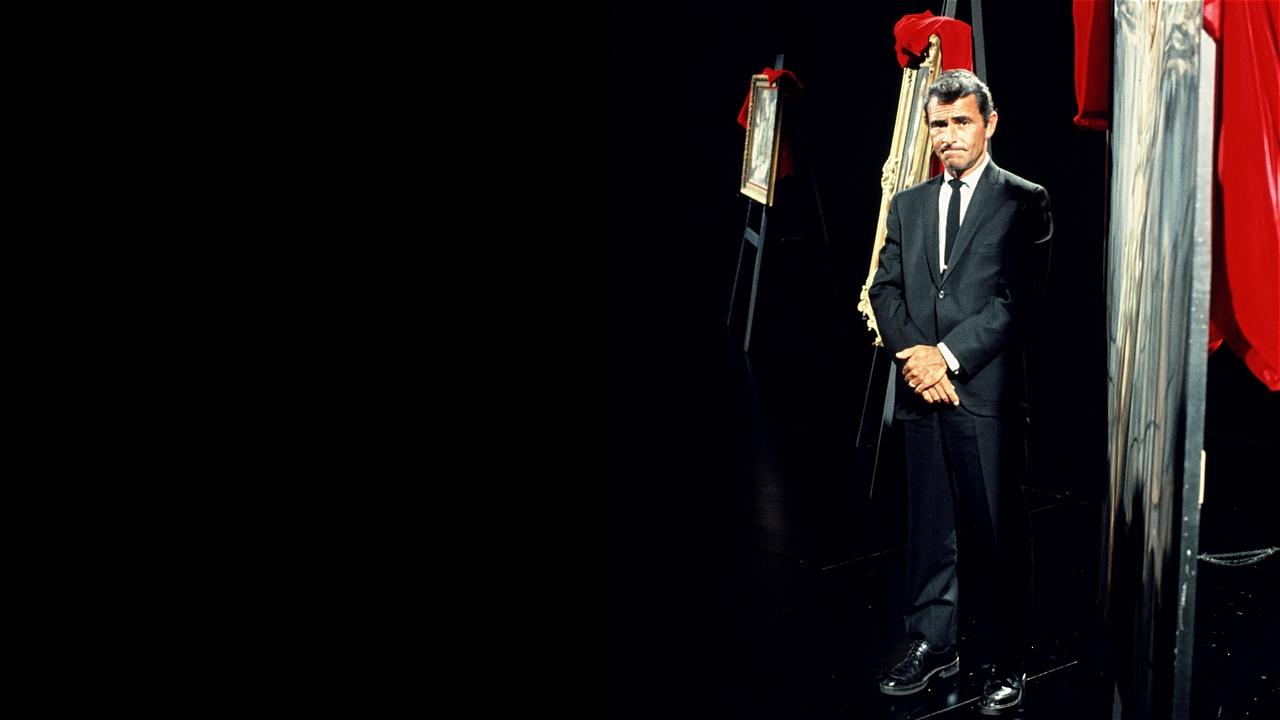

NBC
Featured Show:
Night Gallery
Rod Serling narrates an anthology of fantasy, horror and sci-fi stories from a set resembling a macabre museum. A chilling work of art serves as the connective link between the stories.
NBC TV Shows
1615 shows • Page 59 of 81
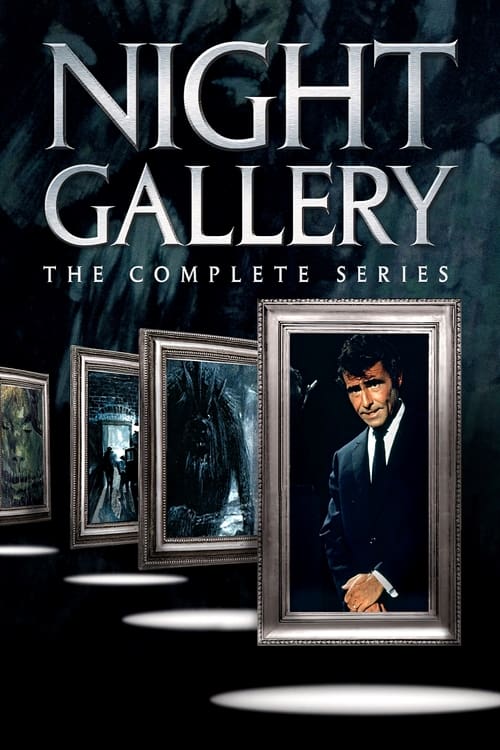
Night Gallery
Rod Serling narrates an anthology of fantasy, horror and sci-fi stories from a set resembling a macabre museum. A chilling work of art serves as the connective link between the stories.
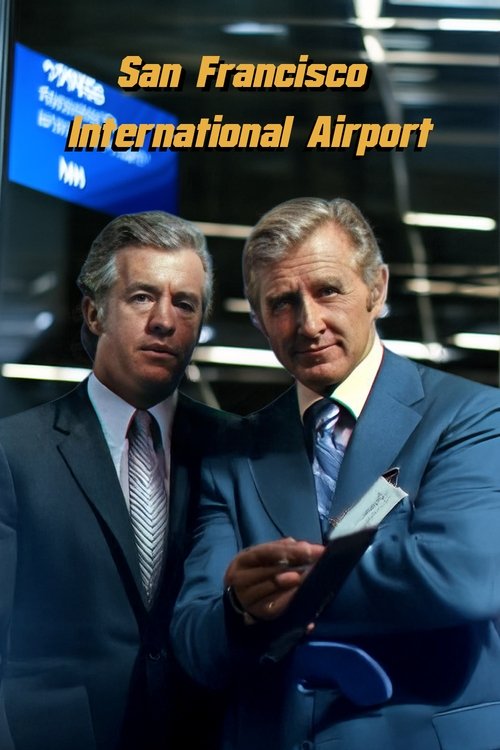 0
0San Francisco International Airport
San Francisco International Airport is a television drama aired in the United States The series starred Lloyd Bridges as Jim Conrad, the manager of the gigantic San Francisco International Airport. Bob Hatten was his chief of security, an important role at a time when security was beginning to emerge as a real-life major issue in air transport. June was Conrad's secretary. Airport situations drawn from real life were addressed, such as protesting demonstrators, mechanical malfunctions, and similar problems.

Nancy
Nancy is an American sitcom that aired on NBC during the 1970-1971 television season. The series stars Renne Jarrett in the title role.
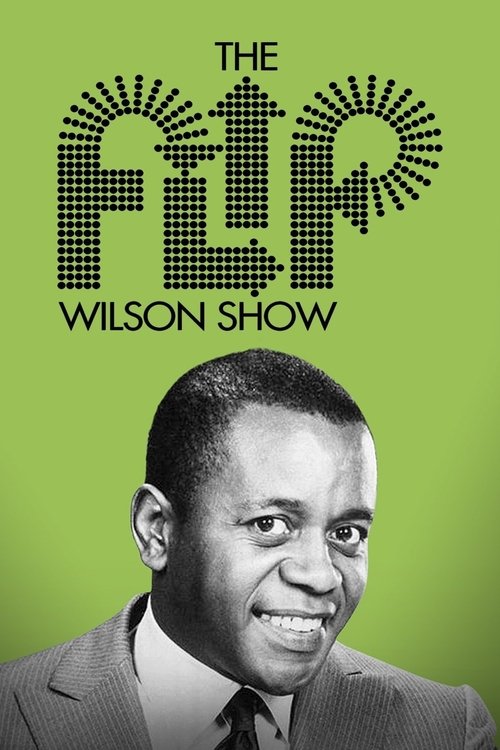
The Flip Wilson Show
The Flip Wilson Show is an hour long variety show that aired in the U.S. on NBC from September 17, 1970 to June 27, 1974. The show starred American comedian Flip Wilson; the program was one of the first American television programs starring a black person in the title role to become highly successful with a white audience. Specifically, it was the first successful network variety series starring an African American. During its first two seasons, its Nielsen ratings made it the nation's second most watched show. The show consisted of many skits over an hour. It also broke new ground in American television by using a 'Theatre-in-the-Round' stage format, with the audience seated on all sides of a circular performance area. Wilson was most famous for creating the role of Geraldine Jones, a sassy, modern woman who had a boyfriend named Killer. Flip also created the role of Reverend Leroy, who was the minister of the Church of What's Happening Now!. New parishioners were wary of coming to the church as it was hinted that Reverend Leroy was a con artist. Wilson popularized such catchphrases as "What you see is what you get", and "The devil made me do it!".
 0
0The Don Knotts Show
The Don Knotts Show was a variety program aired by NBC as part of its 1970-71 lineup. Long relegated to the role of sidekick, which he had portrayed for many years in several television series and films, Don Knotts was the headliner here. Each week, he and his guests put on standard TV variety fare of the era. Two recurring features were a skit about the effort involved in putting a weekly television series on the air, much in the spirit of The Jack Benny Show, and The Front Porch, in which Don and a guest would sit in rocking chairs and quietly discuss their philosophies of life. Notable regulars in his cast included Elaine Joyce and Gary Burghoff, who had previously portrayed "Radar O'Reilly" in the film version of M*A*S*H and was about to achieve his greatest fame in reprising that role for the television version of it.
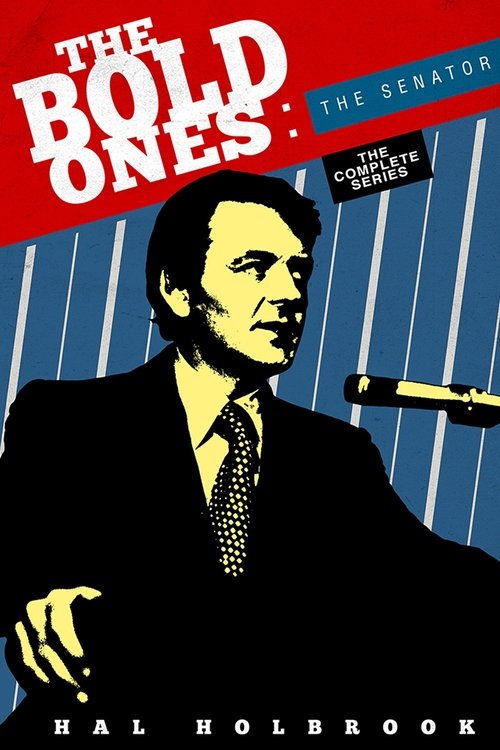
The Bold Ones: The Senator
Hays Stowe is a new senator who comes to Washington DC with his wife Erin and daughter Norma. He arrives full of optimism that being on the side of justice can help him change things for the better… The characters originally appeared in the 2 hour TV-movie/pilot film A Clear and Present Danger (1970).
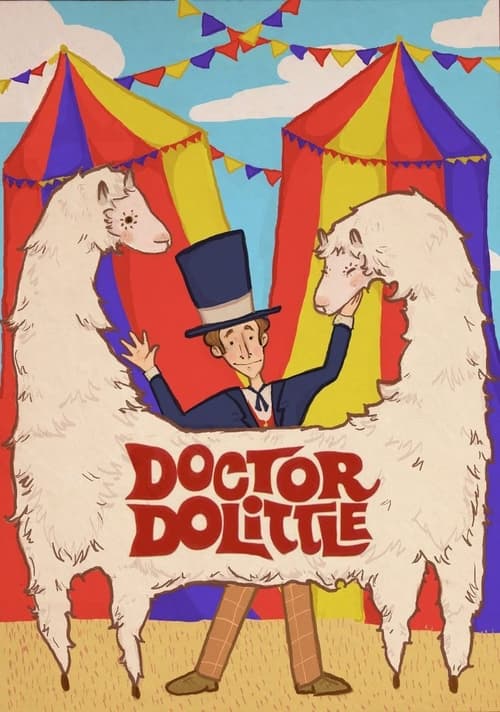
Doctor Dolittle
Doctor Dolittle is an animated series produced by DePatie-Freleng Enterprises in association with 20th Century Fox Television. It was created for television by David H. DePatie and Friz Freleng in association with Paul Harrison and Lennie Weinrib. The series was broadcast on the NBC network.
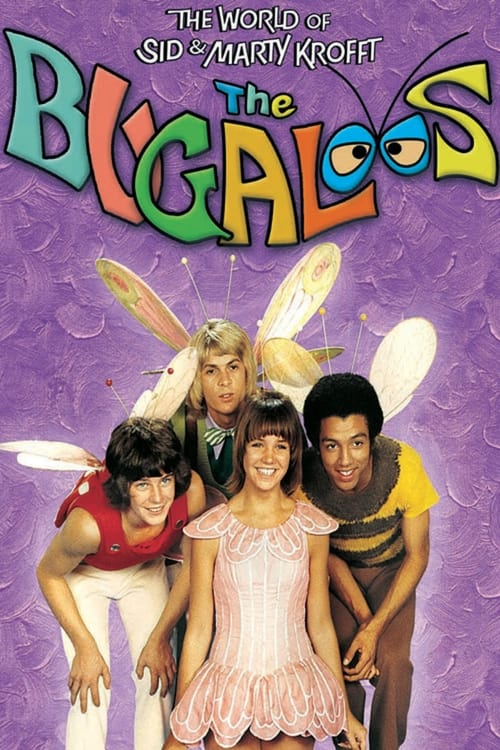
The Bugaloos
The Bugaloos was an American children's television series, produced by brothers Sidney Krofft and Martin Krofft, that aired on NBC on Saturday mornings from 1970 to 1972. The show featured a musical group composed of four British-accented teenagers, who lived in fictional Tranquility Forest. They wore insect-themed outfits with antennae and wings which allowed them to fly, though on occasion, they were shown flying on surfboards. They were constantly beset by the evil machinations of Benita Bizarre, played by comedienne Martha Raye. Bizarre, being untalented and ugly herself, was covetous of the Bugaloos' musical prowess.

Dinah's Place
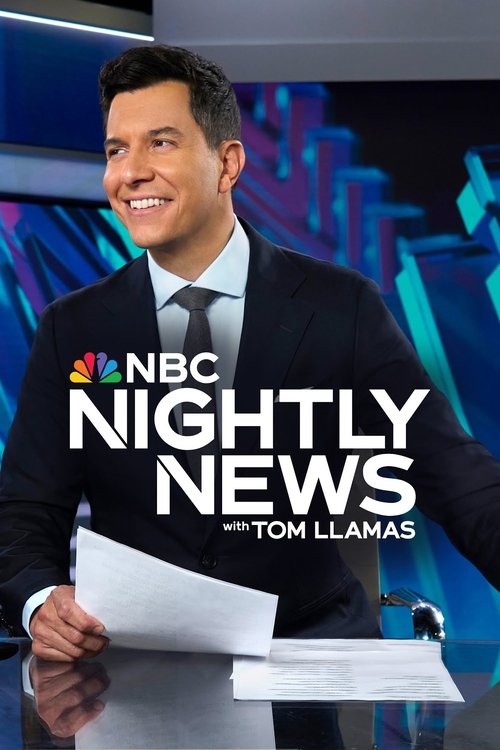
NBC Nightly News
NBC Nightly News is the flagship daily evening television news program for NBC News, the news division of the NBC television network in the United States, and is the #1-rated newscast in America. NBC Nightly News is produced from Studio 3B at NBC Studios at 30 Rockefeller Center in New York City. Since 2025, the broadcast has been anchored by Tom Llamas on weeknights, José Díaz-Balart on Saturday and Hallie Jackson on Sunday. On weeknights, it is broadcast live over most NBC stations from 6:30-7:00 p.m. Eastern and occasionally updated for Pacific Time Zone viewers in a "Western Edition". Its current theme music was composed by John Williams.
 0
0The Ray Stevens Show
The Ray Stevens Show is an American variety series hosted by Ray Stevens that aired on NBC in the summer of 1970.

Somerset
Somerset is an American television soap opera which ran on NBC from March 30, 1970 until December 31, 1976. A spin-off fron Another World, it focuses on the lives of characters in the fictional Somerset, Illinois, particularly those connected to the town's main employer, Delaney Brands. The show initially centered on characters who moved from Another World to start new lives but later evolved into a crime-focused melodrama.
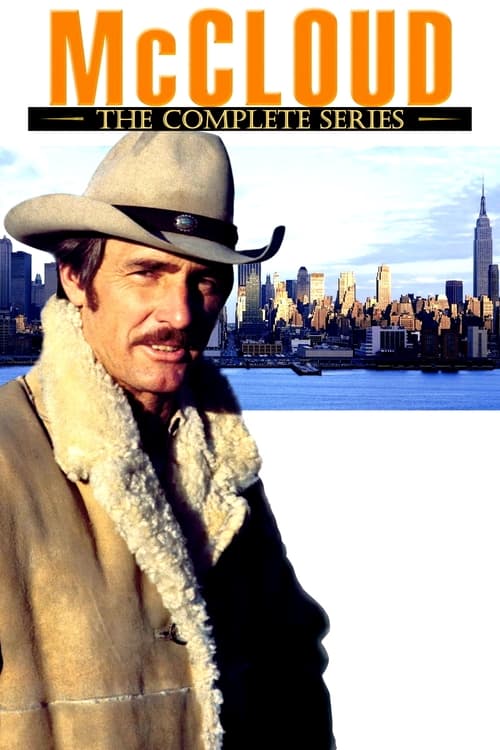
McCloud
Deputy Marshal Sam McCloud of the small western town of Taos, New Mexico is assigned to the metropolitan New York City Police Department (NYPD) as a special investigator.

The Who, What, or Where Game
The Who, What, or Where Game was an American television game show that was broadcast weekdays on NBC from December 29, 1969 to January 4, 1974. The host was Art James, and the announcer was Mike Darrow; Ron Greenberg packaged the show, which was recorded in NBC studios 6A and 8H in Rockefeller Plaza in New York City.
 0
0Letters to Laugh-In
Letters to Laugh-In is a daytime game show and spin-off of NBC's popular nighttime comedy series at the time, Rowan & Martin's Laugh-In, that aired on the network from September 29 to December 26, 1969. The show was hosted by Gary Owens, the announcer for Laugh-In.
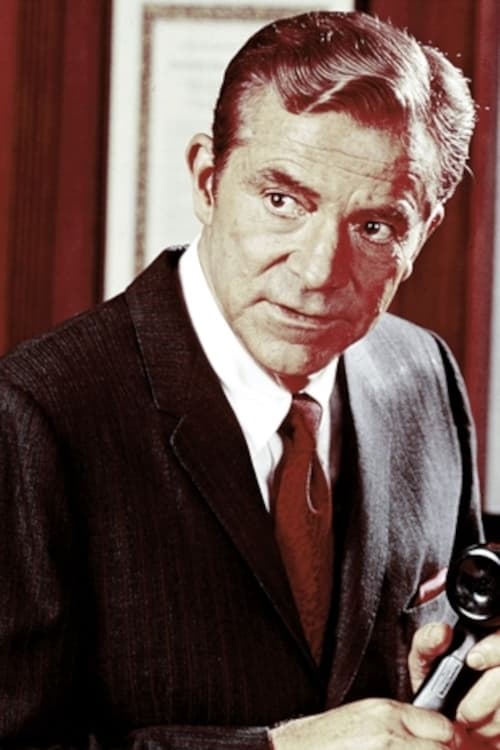
Bright Promise
Bright Promise is an American daytime soap opera that ran on NBC from September 29, 1969 to March 31, 1972. It aired weekdays at 3:30 PM Eastern/2:30 PM Central.

Sale of the Century
Sale of the Century is a television game show format that has been screened in several countries in various incarnations since 1969. The show found its biggest success in Australia, where it aired weeknights from 1980 to 2001. A new version had aired in Australia from May 2005 to January 2009 and in the United States during the 2007-2008 television season in syndication under the title of Temptation. The format is a general knowledge quiz, where a set of contestants earn money for correct answers, and occasionally have the chance to "buy" heavily-discounted prizes with their score money via "Instant Bargains". Long-running champions would compete to win enough money to buy larger prizes, such as trips or cars, at show's end; more successful ones could end up buying all the prizes on offer and/or a large cash jackpot. In 1973 the three contestant format was dropped and two married couples were used as contestants. This two couple format was also used during the 1973-1974 night time syndicated version as well. After its original run in the USA and during its successful run in the UK, the format was purchased by Australian TV mogul Reg Grundy, whose Grundy Television had produced a similarly formatted program called Temptation between 1971 and 1976. The Grundy version of Sale premiered on Nine Network on July 14, 1980 and became a massive success, spawning versions all across the world. At its close in 2001 it was Australia's longest-running game show.

The Bold Ones: The Protectors
The Bold Ones: The Protectors is an American crime drama series that aired on NBC from 1969 to 1970; it lasted for seven episodes. The Protectors was part of The Bold Ones, a rotating series of dramas that also included The New Doctors, The Lawyers and The Senator. This was the shortest of the four series.
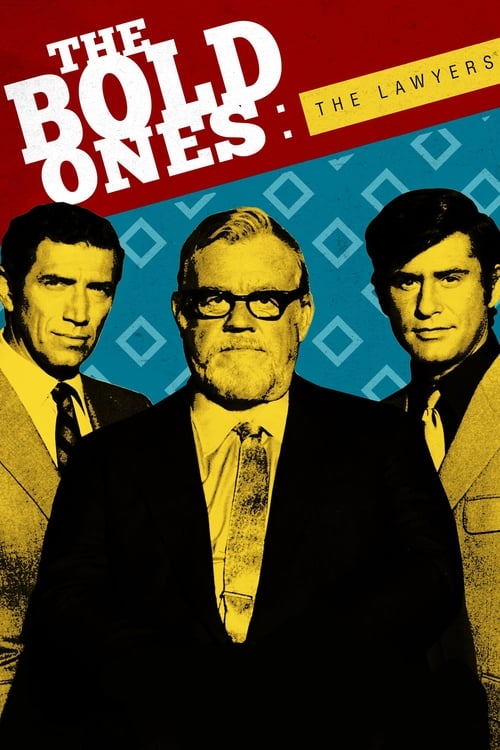
The Bold Ones: The Lawyers
The Bold Ones: The Lawyers is an American legal drama that aired for three seasons on NBC from December 1969 through February 1972. The series was introduced with two pilot movies in December 1968 and March 1969, and was one of four wheel series alternating under 'The Bold Ones' umbrella used 1969 through 1973.
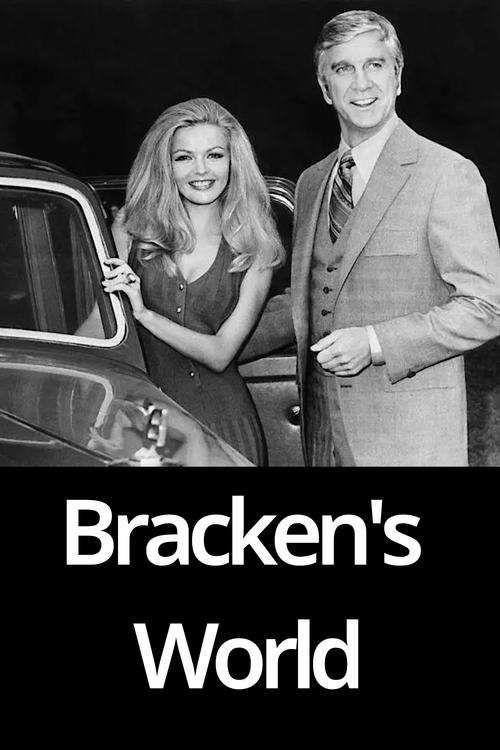
Bracken's World
Behind the scenes at the fictitious Century Studios in Hollywood, headed by the (initially) unseen John Bracken.